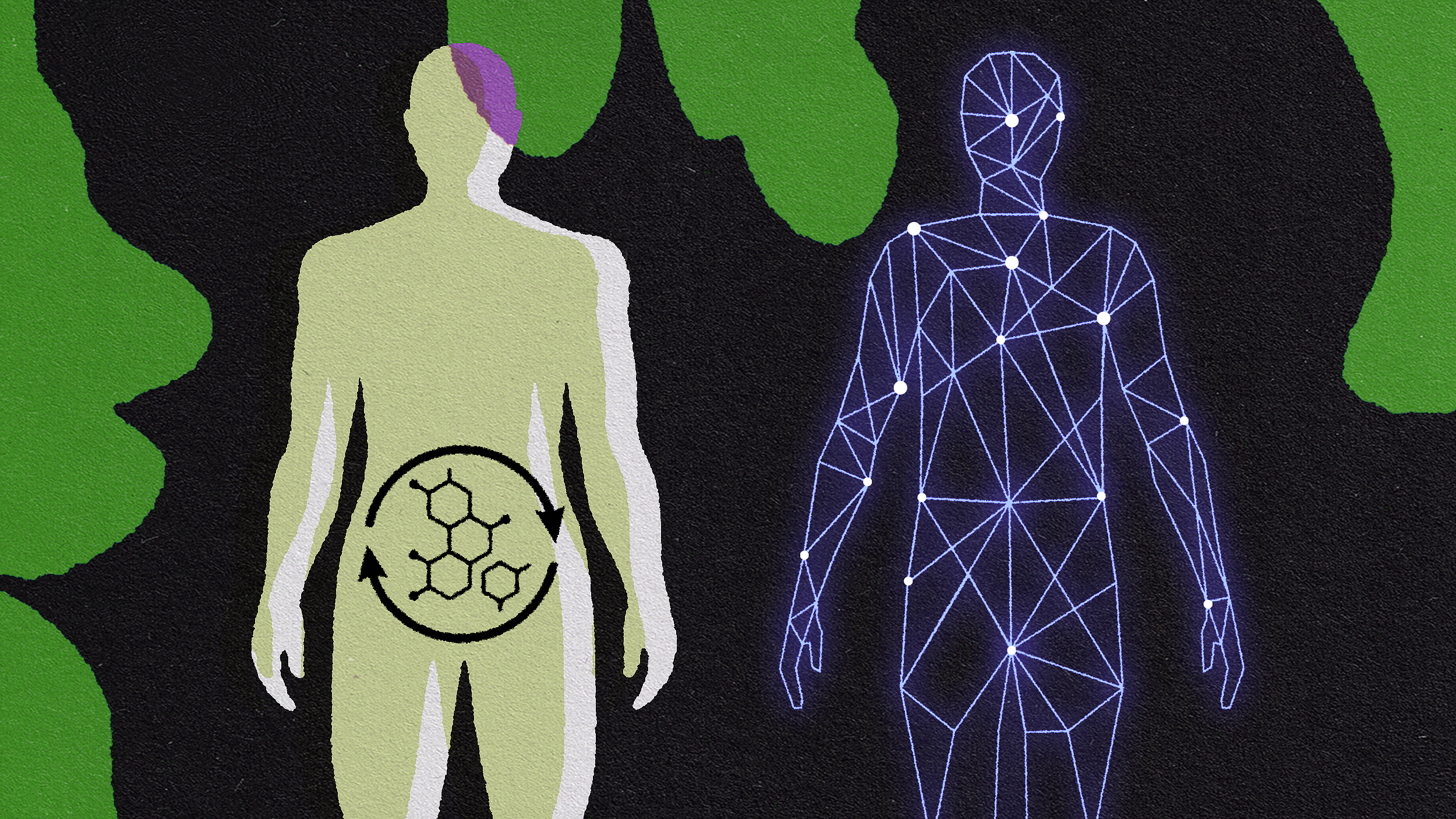How Google plans to eradicate dangerous mosquitoes: Breed more.

Pixabay
- The method involves breeding thousands of male mosquitoes, infecting them with a particular kind of bacterium that renders female eggs unviable, and releasing them into the wild.
- It’s proven to be very effective in a test area in Southern California.
- The method could be used to combat mosquito populations in areas where the insects carry deadly diseases.
In 2017, Verily, a research organization run by Alphabet, Google’s parent company, began a counterintuitive project designed to kill off mosquitoes in Fresno, California.
The idea was to breed thousands of male Aedes aegypti mosquitoes, infect them with a common bacterium called Wolbachia, load them into a van and release them into the wild. The lab-bred males, which don’t bite humans, would then mate with the females, which contract Wolbachia and lay eggs. But the eggs never hatch.
That’s because scientists at a company called MosquitoMate figured out in 2016 how to infect mosquitoes with a particular kind of Wolbachia that makes mosquito eggs unviable. The result of this mass-scale sterilization strategy has been a 95 percent reduction in the mosquito population in target areas for 2018, according to the results of the second six-month study conducted by Verily, MosquitoMate and county departments.

Image: Verily
Eliminating deadly mosquitoes in other countries
A. aegypti are painful pests to residents in Southern California, but the insects rarely transmit disease. In other climates, however, A. aegypti is known to carry dengue fever, chikungunya, Zika fever, Mayaro and yellow fever viruses. If Alphabet can scale up its mosquito-eradicating technology, governments and companies in South America and Africa, where the species is widespread, might pay big money.
“The key part is trying to be able to do a program like this in a very affordable and efficient way,” Jacob Crawford, a Verily scientist, told Bloomberg. “So that we can go to places where there isn’t a lot of money.”
One upside to this technology is that it could reduce the use of mosquito spray trucks, which some say can be harmful to humans and the environment. (The Center for Disease Control says the practice is safe when “done correctly.”) As one user on the Y Combinator website wrote, Verily’s plan is like “replacing a sledgehammer” with a scalpel.





